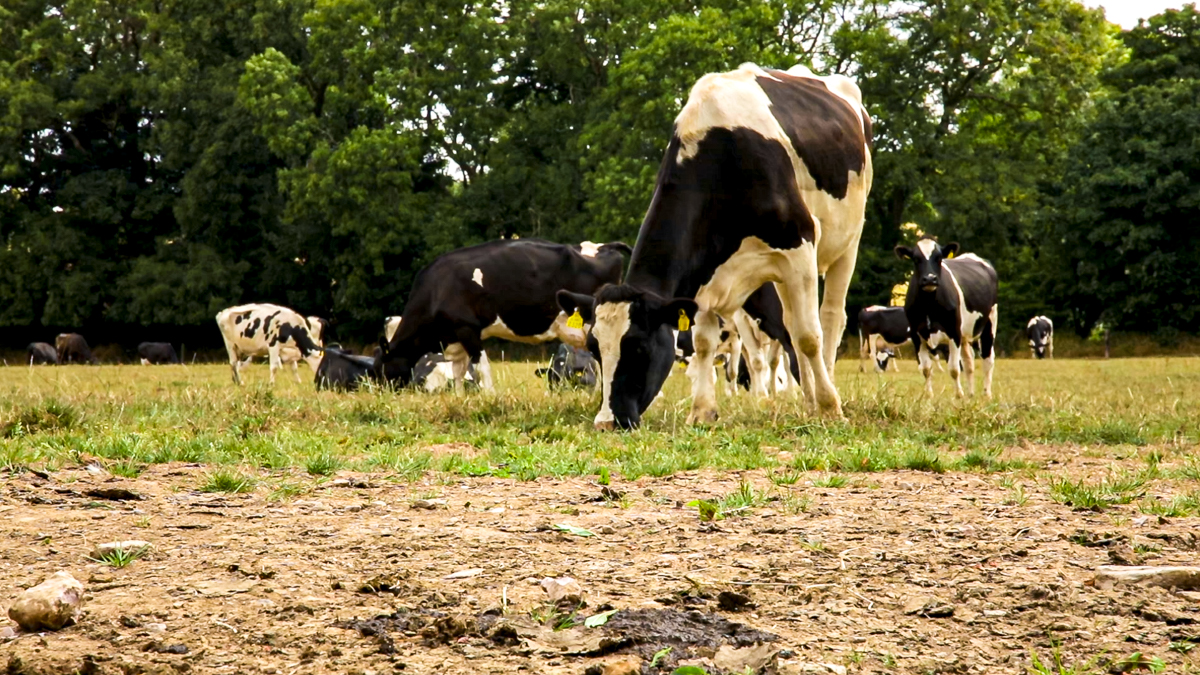Farmer views are being sought on the “risk” associated with weather in Irish agriculture, as part of a new study being conducted by the University of Limerick (UL).
Conducting new research into weather risk in Irish agriculture, the university has noted that – on an international basis – in the past year alone, farmers from Texas to the south of France have been hit with extreme weather.
This has taken the form of unseasonal freeze events – leading to huge losses to crops and livestock and creating greater uncertainty about the future of many farms, UL notes, adding:
“Unprecedented temperatures and low rainfall have interrupted the growing season and [are] impacting on global grain and fruit prices.
“The undeniable changes to weather patterns have the greatest implications for the world’s food supply – and the decision-making of farmers will be critical.”
Bringing it back to an Irish context, and what it means for Irish agriculture, University of Limerick is undertaking a major study into the decision-making of Irish farmers.
The college is seeking the views of farmers – with those interested asked to take part in a short 10-minute survey.
According to the university, the research is motivated by what the researchers believe is the “vulnerability Irish farming has to weather risk”.
Commenting, UL researcher Aoife McIlhinney said: “Our grass-based production system is particularly sensitive to unpredictable weather patterns.”
Highlighting that, once grass growth falls below expectations, it impacts on productivity and farm costs, the UL study seeks to examine farmers’ experiences and how these impact their planning decisions.
In a brief summary on why the research is being conducted, the university team leading the project notes that family-owned farms in Ireland “face significant risks relating to climate change and extreme weather events”, adding:
“This risk is made more complex as business risk is frequently entangled with personal risks to the farmer and economic risks for the household.
“This study will give a better insight into farmers’ decision-making process and whether they adapt their farming plans based on past experiences of extreme weather,” the UL team says.
All responses to the survey will be completely anonymous and will be used for academic purposes. Those interested can partake in the survey here.
In addition, those interested in getting a summary of the results or those would like to learn more about this research can contact [email protected].
